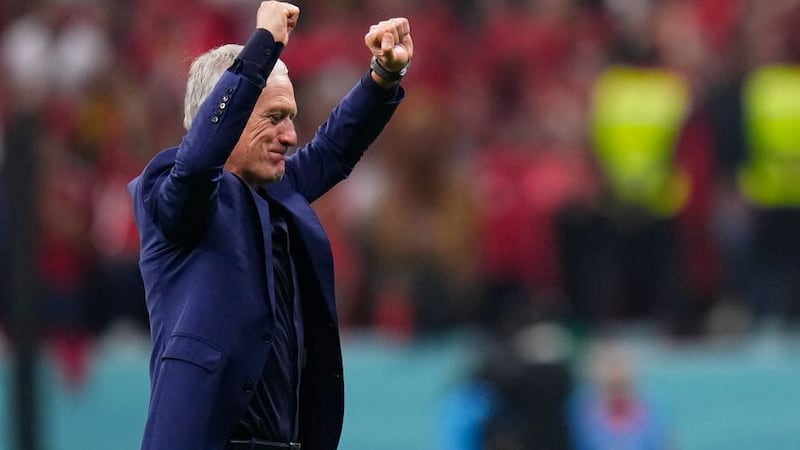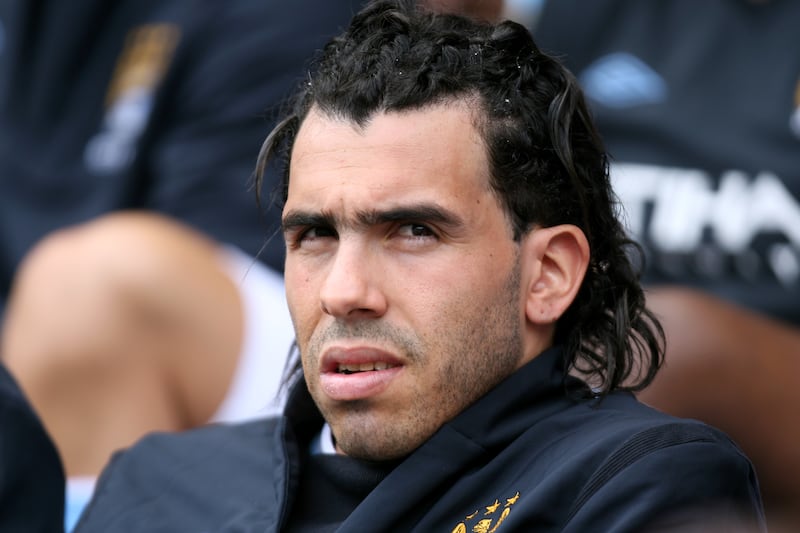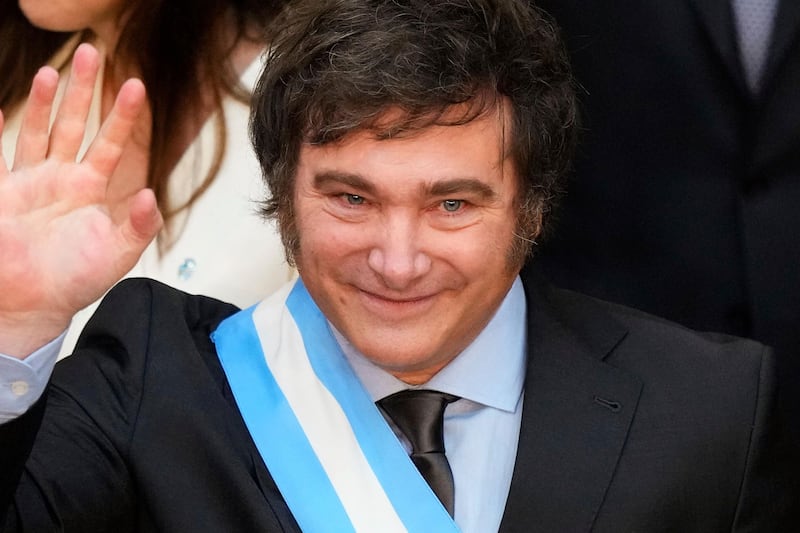France will defend their World Cup crown against Argentina in the Lusail Stadium on Sunday.
Didier Deschamps’ side could become the first team to secure back-to-back wins since Brazil in 1962, while victory for Lionel Scaloni’s men would end 36 years of hurt dating back to 1986.
Here, the PA news agency looks at the numbers that suggest where the match could be won and lost.
Clash of the titans
For many neutral observers, the final boils down to a meeting between the world’s two best players – Argentina’s Lionel Messi and France’s Kylian Mbappe.
The Paris St Germain team-mates have dominated this World Cup, with both tied on five goals at the top of the Golden Boot standings.
They also rank in the top five players for assists, shots, ball progressions, take-ons and receiving the ball between the opponents’ midfield and defensive lines.
Messi – playing in his final World Cup at the age of 35 – will make his 26th appearance in the tournament on Sunday, surpassing Lothar Matthaus’ all-time record.
The new mark is likely to be challenged by Mbappe in years to come, however, with the Frenchman set to play in his 14th World Cup match before turning 24 (six more than Messi at the same age).
Focal points
Argentina and France have tailored their styles of play in this tournament to suit Messi and Mbappe, respectively.
With Messi playing mostly through the middle, Argentina have directed a high proportion of attacks down the central and inside channels (41 per cent).
On the other hand, France have made use of their speed on the wings by recording the vast majority of their final third entries out wide (69 per cent), particularly on the left flank where Mbappe operates.
Strikers Julian Alvarez and Olivier Giroud, scorers of four goals apiece so far at this World Cup, have reinforced the respective approaches.
Alvarez provides much-needed energy alongside Messi, who has walked further than any other player at the tournament (30.6 kilometres). He recorded 66 sprints in the semi-final win over Croatia, the most of any player and twice as many as Messi (33).
The 22-year-old’s movement appears to complement Messi’s – 59 per cent of his offers to receive the ball during the tournament have been in behind, as opposed to 18 per cent of Messi’s.
Meanwhile, Giroud – presented with an unlikely starting berth thanks to Karim Benzema’s injury – has excelled as a target man for Mbappe and others to work around.
The 36-year-old centre-forward leads the tournament for headed efforts on goal (seven), having benefited from France’s 46 successful crosses (the most of any team and almost twice Argentina’s tally of 26).
Lessons from 2018
France and Argentina produced the game of the tournament at the previous World Cup, with the Argentines coming from a goal down to lead 2-1 before eventually succumbing to a 4-3 defeat in the round of 16.
Despite the scoreline, Argentina had the majority of possession (60 per cent) and more shots (10 to nine) that day, and the numbers from Qatar suggest that Sunday’s encounter could follow the same pattern.
Scaloni’s side have completed more passes per 90 minutes on average than Deschamps’ men (491 compared with 430) and, while both teams have taken a similar number of shots (83 and 91), Argentina have seen far fewer efforts on their own goal (33 compared with 57).
In terms of personnel, France will show fewer changes from four years ago than Argentina.
Deschamps’ team against Morocco contained five starters from the aforementioned match in 2018 (Hugo Lloris, Raphael Varane, Antoine Griezmann, Mbappe and Giroud), while Scaloni’s semi-final line-up included just two survivors (Messi and Nicolas Otamendi).
Although injuries to the likes of Benzema have forced his hand, the France manager has been reluctant to change his winning formula.
He has made just 21 substitutions in six matches, including only one against England in the quarter-final and two on Wednesday night against Morocco. Argentina, by contrast, have used at least four subs in every game, making a total of 30 changes.








